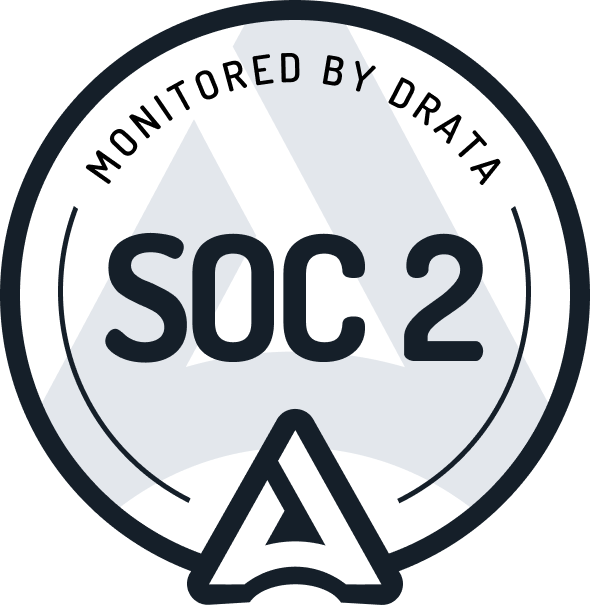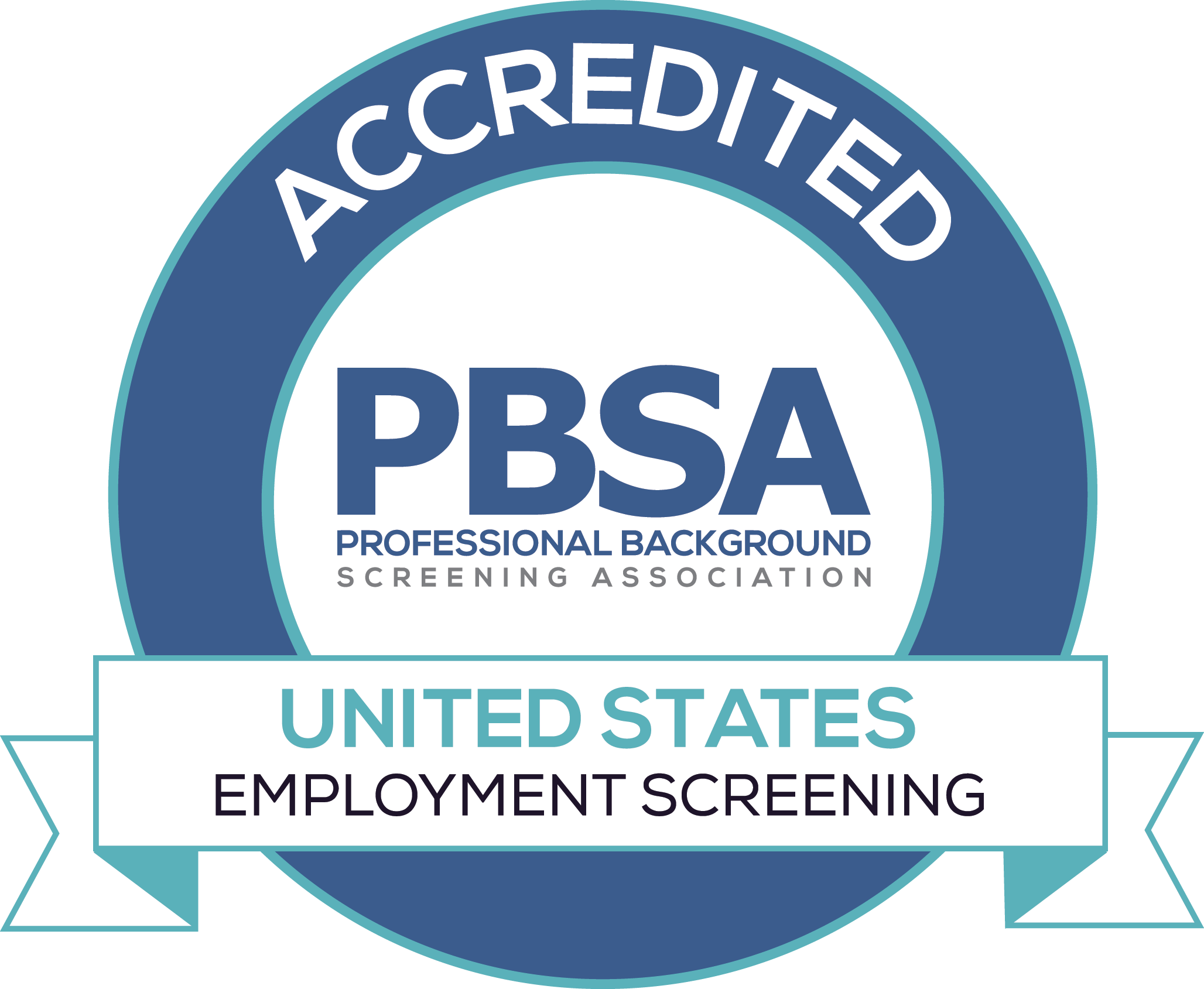May 12th, 2021
Approximately 77 million Americans, or 1 in 3 adults, have a criminal record. The State of Illinois has made adjustments to their Ban the Box policy, which is in place to help protect those that have a criminal record seeking employment. On March 23, 2021, Governor Pritzker signed The Employee Background Fairness Act (Senate Bill 1480), which replaced The Illinois Human Rights Act (IHRA). The act and its restrictions took action effective immediately. It spells out an employer’s responsibility when choosing to make an adverse hiring decision based on criminal history. The employer must assess an applicant’s criminal history based on the substantial relationship with the intended position and determine the risk involved in hiring that person. New provisions also outline additional responsibilities related to the adverse action process should the employer decide not to hire based on criminal history.
An employer must conduct an individualized assessment should criminal history play a factor in the hiring decision. An employer must consider the below facts when determining if the criminal history will have a substantial relationship to the intended position OR the potential hire will create an unreasonable risk in the workplace. Things to consider when determining substantial relationship or risk include:
the length of time since conviction
the number of convictions that appear on an individual’s conviction record
the nature and severity of the conviction and its relationship to the safety and security of others
the facts or circumstances surrounding the conviction(s)
the age of the employee at the time of the conviction(s)
evidence of rehabilitation effort
During pre-adverse, employers must provide to the applicant, in writing:
the disqualifying conviction(s) found on the consumer report
the reason for the disqualification based on the conviction(s) found on the consumer report
a copy of the consumer report
explanation of their rights
During final adverse, employers must provide to the applicant, in writing:
the disqualifying conviction(s) found on the consumer report
the reason for the disqualification based on the conviction(s) found on the consumer report
procedures the applicant may take to challenge the hiring decision
explanation of their rights to file a charge with the Illinois Department of Human Rights.
Employers must wait five business days after providing an applicant with the pre-adverse letter before making a hiring decision and sending the final adverse letter. Non-compliance with Senate Bill 1480 would be considered a civil rights violation and any alleged violation must be filed within 300 days with the Illinois Department of Human Rights.
Ban the Box and Fair Chance initiatives will not be slowing down any time soon. These laws are put into place to give those 77 million Americans with a criminal history a chance to compete for jobs and enter the workforce again, without facing discrimination of their pasts. Watch for other states and localities to follow suit in regards to tightening the reigns on the use of criminal history when making hiring decisions.
If you are a ClearChecks customer and have questions regarding these changes, in Illinois or any other jurisdiction, reach out! While we cannot provide legal advice, we understand best practices and will provide resources and tools to assist in the compliance changes. As always, the pre-adverse and adverse action processes are embedded in our platform. The best part, this is provided at no additional cost to you.
Company
Background Checks




